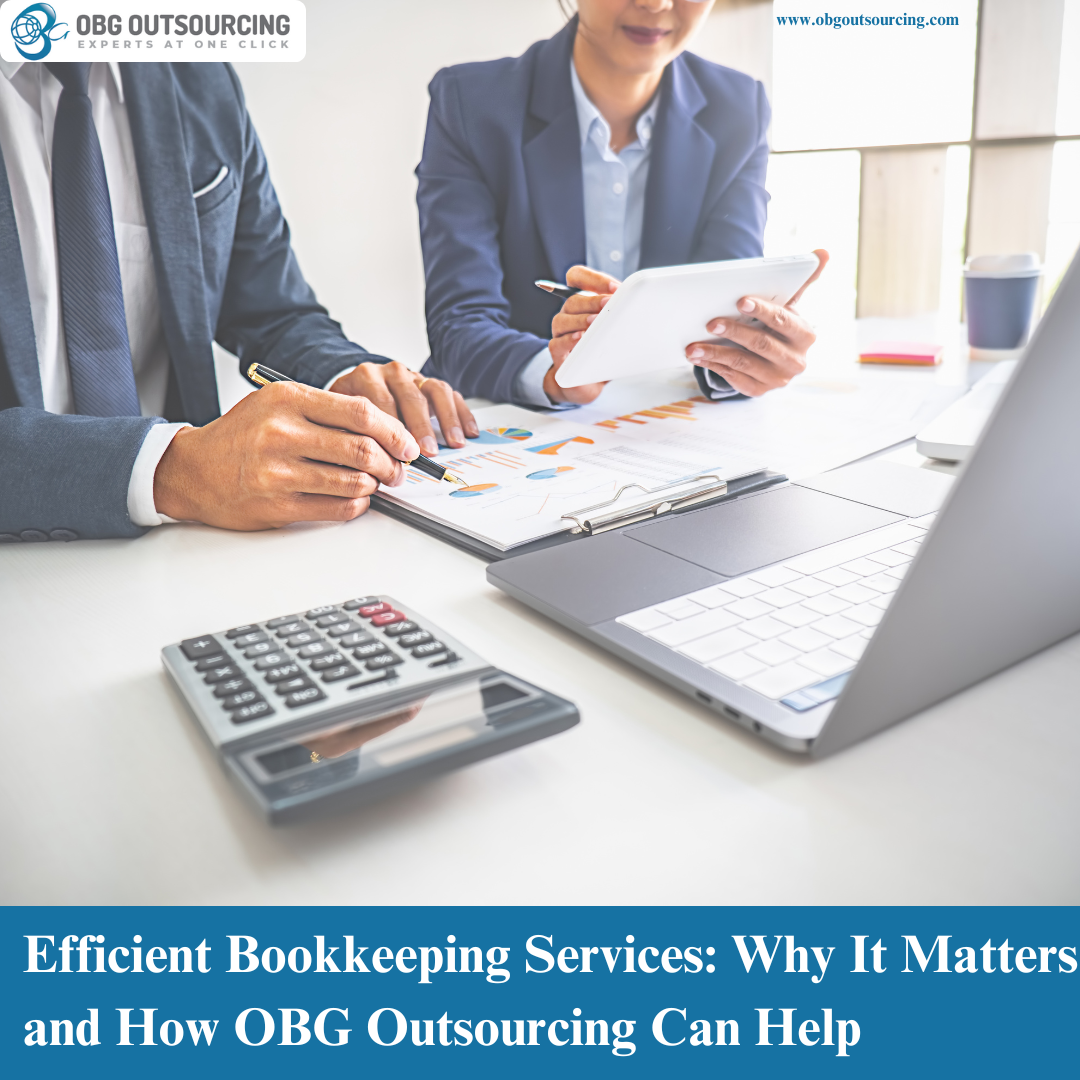What is Bookkeeping?
Bookkeeping is the process of systematically recording, organizing, and managing financial transactions for a business. It ensures that income, expenses, assets, and liabilities are accurately documented, enabling businesses to track financial performance and make informed decisions.
Bookkeeping involves essential tasks such as:
Recording daily financial transactions
Reconciling bank and credit card statements
Managing accounts payable and receivable
Generating financial reports and tax-ready statements
Bookkeeping can be done using single-entry or double-entry methods, depending on the complexity of business operations.
Why is Bookkeeping Important?
Proper bookkeeping is vital for business stability and growth. Here’s why:
1. Financial Accuracy and Transparency
Bookkeeping provides a clear picture of financial health, ensuring businesses track revenue, expenses, and profitability with accuracy.
2. Compliance with Tax Regulations
Accurate bookkeeping simplifies tax filing and ensures businesses meet tax obligations, avoiding penalties and compliance issues.
3. Cash Flow Management
By tracking receivables and payables, businesses can maintain a healthy cash flow, ensuring there are enough funds to cover expenses.
4. Budgeting and Financial Planning
Detailed bookkeeping records help in setting realistic budgets, forecasting financial growth, and making strategic business decisions.
5. Risk Reduction and Fraud Prevention
Maintaining organized financial records helps detect discrepancies, unauthorized transactions, and financial fraud early.
6. Attracting Investors and Securing Loans
Well-maintained financial records improve credibility with lenders and investors, increasing the chances of securing funding.
How to Do Bookkeeping Effectively?
To maintain accurate financial records, follow these bookkeeping best practices:
1. Choose a Suitable Bookkeeping Method
Decide between single-entry or double-entry bookkeeping based on your business needs.
2. Use Bookkeeping Software
Utilize accounting software such as QuickBooks, Xero, FreshBooks, or Zoho Books to automate data entry and financial reporting.
3. Record Transactions Regularly
Update financial records daily or weekly to prevent errors and keep data current.
4. Perform Bank and Credit Card Reconciliation
Reconcile accounts frequently to ensure all transactions are recorded correctly and to identify discrepancies.
5. Monitor Accounts Payable and Receivable
Track payments due from customers and ensure bills are paid on time to avoid cash flow issues.
6. Generate Financial Reports
Review profit and loss statements, balance sheets, and cash flow reports for better decision-making.
7. Ensure Tax Compliance
Maintain proper records of business expenses and income to make tax preparation easier and avoid compliance issues.
8. Consider Outsourcing to Experts
Managing bookkeeping in-house can be time-consuming. Outsourcing bookkeeping services ensures accuracy, saves time, and reduces administrative workload.
How OBG Outsourcing Can Help with Bookkeeping Services
OBG Outsourcing provides expert bookkeeping solutions designed to help businesses maintain accurate and up-to-date financial records. Our team of professionals ensures compliance, efficiency, and cost savings.
Our Bookkeeping Services Include:
Transaction Recording – Recording daily sales, purchases, and expenses.
Bank and Credit Card Reconciliation – Matching financial records with bank statements to identify and correct discrepancies.
Accounts Payable and Receivable Management – Managing invoices, payments, and collections for better cash flow.
Financial Reporting – Generating profit and loss statements, balance sheets, and cash flow reports.
Payroll Processing – Managing employee wages, tax deductions, and payroll compliance.
Tax Preparation Support – Ensuring all financial records are tax-ready and minimizing errors in tax filing.
Why Choose OBG Outsourcing for Bookkeeping?
Expertise and Experience: Our team consists of professional accountants with years of experience in US GAAP, IFRS, and tax regulations.
Cost-Effective Solutions: Save money by outsourcing bookkeeping instead of hiring an in-house team.
Data Security and Compliance: We ensure financial data is protected with secure infrastructure and strict confidentiality policies.
Scalability and Flexibility: Whether you need full-time bookkeeping or occasional support, we offer tailored services to fit your business needs.
Conclusion: Keep Your Finances in Order with Professional Bookkeeping
Bookkeeping is the key to effective financial management. Accurate bookkeeping helps businesses track revenue, monitor cash flow, prepare taxes, and plan for growth. However, handling bookkeeping in-house can be overwhelming.
By partnering with OBG Outsourcing, businesses can enjoy accurate, efficient, and cost-effective bookkeeping services. Let us manage your financial records while you focus on growing your business.
 USA
USA UK
UK Australia
Australia UAE
UAE Canada
Canada

_(7).jpg)
_(6).jpg)


_(5).jpg)
.jpg)
_(4).jpg)
_(1).jpg)
_(2).jpg)
.png)